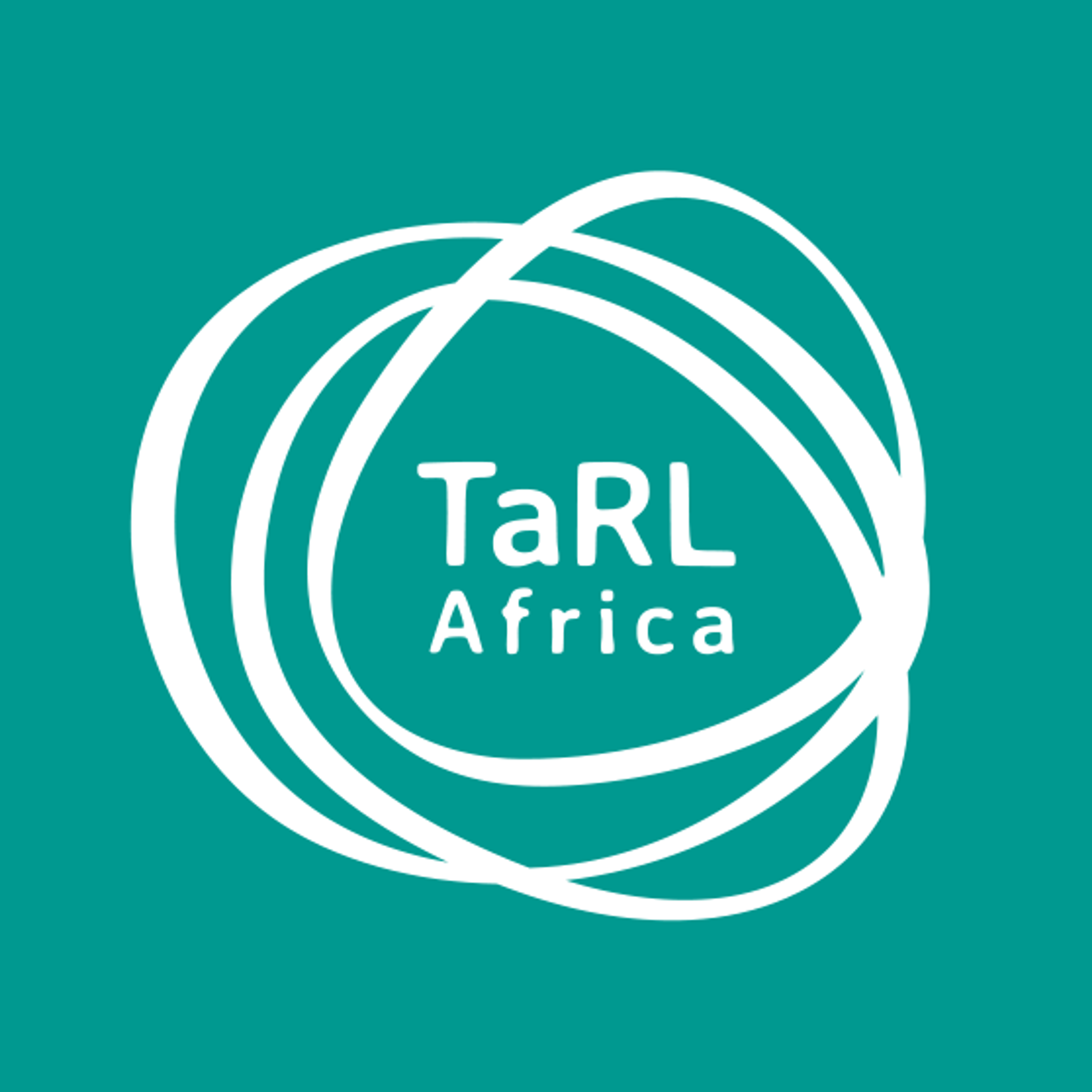
Teaching at the Right Level Africa
African Education Program
TaRL Africa enhances learning outcomes for children’s basic reading and math skills in Sub-Saharan Africa through the evidence-based Teaching at the Right Level approach.
What problem is TaRL Africa working on?
Most low- and middle-income countries have dramatically increased access to schooling in recent years, but that has often not translated into improvements in learning for all learners. According to the World Bank’s 2022 update on the state of learning poverty, almost 9 out of 10 ten-year-olds in Sub-Saharan Africa cannot read and understand a simple text.
According to TaRL, factors at school and at home contribute to this problem:
- Schools are usually organised by age and grade, with children progressing into the next grade regardless of learning levels.
- Teachers are expected to complete the prescribed curriculum, which becomes more and more difficult each year.
- There is often no system in place to assess children’s progress or foundational skills in early years in primary school.
- School systems often do not provide learning support to children who fall behind.
- Many children come from families where parents have had little schooling and cannot provide learning support even though their aspirations for children’s educational attainment can be high.
- Children have not had any preschool exposure.
What does TaRL Africa do?
TaRL Africa’s mission is to support every child across Africa to build foundational skills for a better future.
TaRL Africa uses an evidence-backed educational approach that helps children develop basic reading and mathematics skills, opening doors to a brighter future. The approach targets the root of the learning crisis by transforming the structures that lead to it. It was developed and refined in India by education NGO Pratham, and has been rigorously evaluated by Abdul Latif Jameel Poverty Action Lab (J-PAL) affiliated professors. Since 2015, the TaRL approach has been adapted in over 15 countries in Africa with support from TaRL Africa and partners.
TaRL Africa began as a joint initiative by Pratham and J-PAL in 2015 and became a registered independent organisation in 2019. Since its inception, TaRL Africa has worked with governments and organisations to design and develop the processes, practices, and resources required to deliver effective TaRL programmes that increase learning outcomes. Globally, the TaRL approach has been identified by the Global Evidence Education Advisory Panel as a “good buy.”
As of 2023:
- TaRL programming reached over 5 million children in over 15 countries with TaRL Africa's support.
- Across all programmes, the proportion of children who could read a simple paragraph improved by 12–32 percentage points, and the proportion of children who could do a simple subtraction problem increased by 13–26 percentage points.
TaRL Africa is registered and headquartered in Nairobi, Kenya, with teams in Côte d'Ivoire, Nigeria, and Zambia.
What information does Giving What We Can have about the cost-effectiveness of TaRL Africa?1.
We previously included TaRL Africa as one of our recommended charities because the impact-focused evaluator Founders Pledge conducted an evaluation highlighting its cost-effectiveness. The Founders Pledge report highlighted:
- The TaRL approach is evidence-based: “TaRL is one of the most promising solutions to improving education quality that we have identified.”
- TaRL Africa has a strong and experienced team.
- Donations to TaRL Africa are highly cost-effective.
- There is an increased demand for TaRL due to the effects of COVID-19.
We’ve since updated our recommendations to reflect only organisations recommended by evaluators we’ve looked into as part of our evaluator investigations and chosen to rely on; as such, we don't currently include TaRL Africa as one of our recommended programs but you can still donate to it via our donation platform.
At Giving What We Can, we focus on the effectiveness of an organisation's work -- what the organisation is actually doing and whether their programs are making a big difference. Some others in the charity recommendation space focus instead on the ratio of admin costs to program spending, part of what we’ve termed the “overhead myth.” See why overhead isn’t the full story and learn more about our approach to charity evaluation.